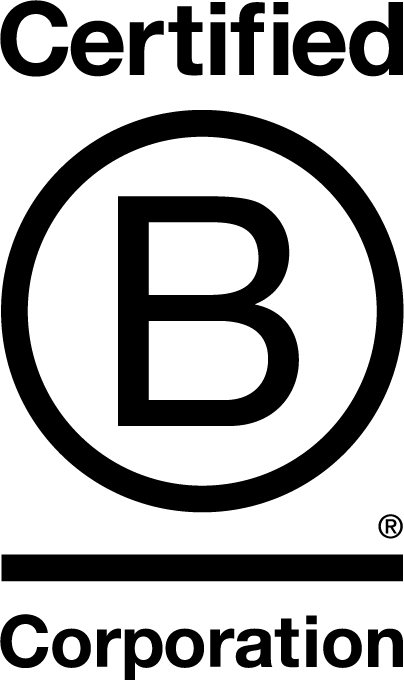Do you remember when you got your first period?
We all do.
Where we were and how we felt when we first saw the blood. Perhaps we felt surprise and excitement, or perhaps it was more like fear and embarrassment. Most people with periods wish they had been better prepared and knew more ahead of their period's first arrival.
So we can support the tweens in our life to have a great menstrual experience right from the start, it’s important that we know what to expect and have ideas to make this transition smooth for them.
When should the tweens in our life have their first period?
Our first period is called menarche (pronounced “men-arch”) and while the average age is around 12-13, it can come anytime from 8-16 years old.
We cannot predict exactly when menarche will happen but our bodies give us clues which we can look out for:
- Breasts develop around 1-3 yrs before menarche. The breast buds are often one of the first signs of puberty for tweens and they can start to grow anytime from the age of 8. The breast buds may feel tingling, aching or itching which is totally normal as the breast grows.
- Hair growth. This often starts with hair on the arms and legs getting thicker and darker. Then they may notice hair in their pubic area and underarms. This hair is fine at first and then becomes thicker and coarser.
- Growth spurt. In the year before menarche many tweens grow 4 inches or 10 centimeters. During puberty their body will begin to build up fat, particularly in the breasts and around the hips and thighs, which is totally healthy.
- Hair and skin become oilier, with small breakouts on her face, as well as more sweating.
- Cervical fluid. Your tween may notice white or yellow stains in their underwear. This starts 6 months to 2 years before menarche. In the few weeks leading up to the first period this fluid can become thicker and more like egg white.
Remember though, that all menstruators are different, so these are just general guidelines.
After menarche, what should periods be like during the early teen years?
Every menstrual cycle our brain and ovaries are in a conversation, and it's this dialogue that determines if we ovulate. As adults, this conversation is well established. So every cycle our body knows what to do - recruit follicles (which produce oestrogen) and ovulate (which means we produce progesterone). Around 2 weeks after we ovulate our period arrives. Voilà! Then the whole cycle repeats.
For the first few years after your first period, and up to the first 5-7yrs, your body is still establishing that conversation between the brain and the ovaries and the chit chat isn't always smooth and regular. This causes irregular cycles, heavy periods and PMS symptoms like mood swings and sore boobs.
While it takes some years for our period to regulate, we need to remember that excessively heavy periods, excruciating pain, periods missing for many months, is not normal. We need to consider if there’s anything in the teen’s diet or lifestyle that we can improve (FYI a bad diet and/or high stress levels really screw with teenage periods and moods!).
But if, after a few cycles of trying diet and lifestyle tweaks, there is no real improvement, you need to see a doctor. But please do not accept the doctor offering the hormonal birth control pill to “regulate'' their period, as that is just a plaster to cover up whatever underlying health issues there are.
How can we best prepare the tweens in our life to have a happy menstrual cycle?
The most important thing is to talk about periods to kids, both boys and girls, ideally way before the tween or teenage years to just normalise what a period is.
While we know, at least vaguely, about the biology that causes a period and so feel able to share that with our kids, it’s equally important that we talk about our cyclical nature. I appreciate the description of being “cyclical” may be new to many of us (I only learnt it myself in my late 30s).
As a brief summary, due to our changing hormones, it’s normal for our energy and mood to change each week of our menstrual cycle. We may be more chatty and extrovert around when you ovulate, and then more introspective, quieter nearer to when your period comes. Being cyclical also affects how hard we can exercise, how much food we need to eat and the sleep we need, each week. Frankly, it affects everything. We were never told it, but our hormones are not just about making babies and our monthly periods!
Sharing this with the young people in our lives prepares them for when they start their period. They will know it’s completely normal and expected to feel different during your cycle and be prepared when their emotions shift and their hunger soars. We often think we are crazy for feeling different each week, while in fact we are simply cyclical!
I am obviously a huge advocate for understanding your cycle in this way, but I think it is more important than ever for young people to have this information, as they go through their teenage years. We know the sad stats of the higher rates of teenage anxiety, depression and suicides and I feel if we can give young people this tool to understand themselves better we can help empower them and protect them. Frankly, I think it is the foundation for our mental health and we need to know about it so we can thrive.
Here are some other practical ways we can help our tweens:
- Prepare a period kit with the Riley My First Period Box, fresh underwear, some wipes and a small treat so your tween is ready if their period arrives when they are not at home. Getting the pack ready together with your tween, asking them to pick the design of the bag perhaps or them selecting the small treat to include, can be a great way to start the conversation about periods and normalise the whole experience.
- Celebrate when their period arrives! Ask your tween how they would like to mark this important milestone in their life – perhaps a pamper day just the two of you, a party with aunties and special women in their life, a movie on the couch, or a piece of jewellery.
- Buy them a special journal so they can write everyday how their moods and energy change through their cycle. This will allow them to understand their inner rhythm and recognise patterns of how their mood and energy change through their cycle.
- Give them language to express how they are feeling so the rest of the household can know where they are at. Perhaps create a dial to put on the fridge where they can indicate how they feel that day, for example “full of energy”, “would prefer time alone”, “talk to me at your peril” etc.
- Help support ovulation so they do have the right levels of oestrogen and progesterone which is important for their health - you do this by encouraging them to prioritise sleep, give them skills to manage stress and have a good diet. Easier said than done with teens, I appreciate!
- Avoid xenoestrogens - these fake oestrogens are pervasive and ruining our hormonal health. We have a great opportunity when our tweens start using deodorants and make up to educate them about products which are free of the nasties like parabens and aluminium. Also, with their period products, healthy non-toxic ones like Riley pads and tampons are best as they avoid the chemicals in many disposable products.
Tara Ghosh
Tara Ghosh is an Arvigo® Therapist and period wellness expert passionate about empowering people with periods to feel strong whatever season of their life they are in. Tara works with people all over the world through her workshops for tweens and teens, as well as those in their 30s and 40s.



